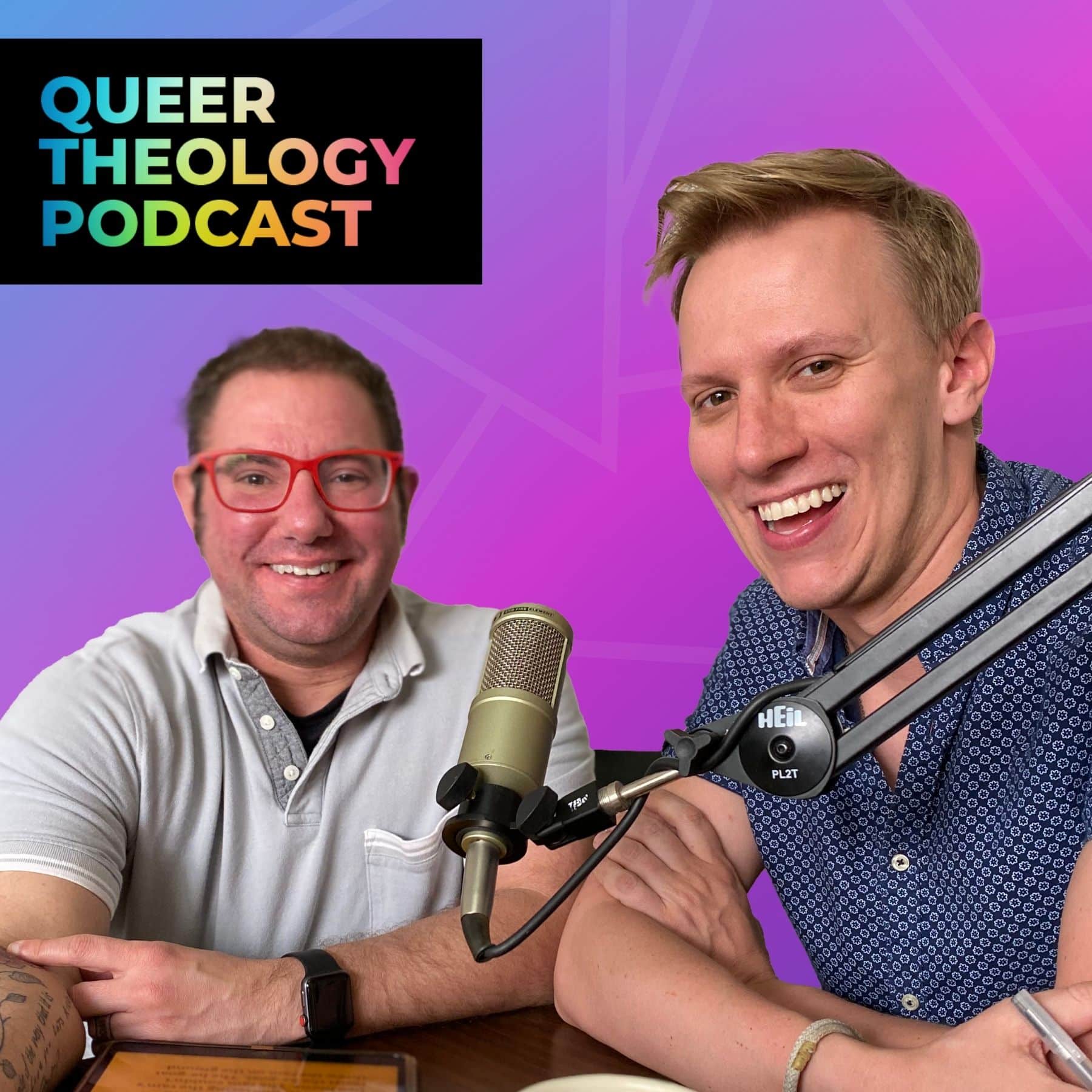- Other
- SEE MORE
- classical
- general
- talk
- News
- Family
- Bürgerfunk
- pop
- Islam
- soul
- jazz
- Comedy
- humor
- wissenschaft
- opera
- baroque
- gesellschaft
- theater
- Local
- alternative
- electro
- rock
- rap
- lifestyle
- Music
- como
- RNE
- ballads
- greek
- Buddhism
- deportes
- christian
- Technology
- piano
- djs
- Dance
- dutch
- flamenco
- social
- hope
- christian rock
- academia
- afrique
- Business
- musique
- ελληνική-μουσική
- religion
- World radio
- Zarzuela
- travel
- World
- NFL
- media
- Art
- public
- Sports
- Gospel
- st.
- baptist
- Leisure
- Kids & Family
- musical
- club
- Culture
- Health & Fitness
- True Crime
- Fiction
- children
- Society & Culture
- TV & Film
- gold
- kunst
- música
- gay
- Natural
- a
- francais
- bach
- economics
- kultur
- evangelical
- tech
- Opinion
- Government
- gaming
- College
- technik
- History
- Jesus
- Health
- movies
- radio
- services
- Church
- podcast
- Education
- international
- Transportation
- kids
- podcasts
- philadelphia
- Noticias
- love
- sport
- Salud
- film
- and
- 4chan
- Disco
- Stories
- fashion
- Arts
- interviews
- hardstyle
- entertainment
- humour
- medieval
- literature
- alma
- Cultura
- video
- TV
- Science
- en
Christians & LGBT people carry death in our bodies 2 Corinthians 4:5-12

b'LGBTQ people are intimately with pain, suffering, trauma, and death; it\\u2019s part of our collective history and for many of us, it\\u2019s part of our personal history too. This passage talks about how Christians \\u201ccarry Jesus\\u2019 death around in our bodies\\u201d and that is something LGBTQ Christians are particularly suited to viscerally understand.\\nIn this episode, we explore what this passage has to say for queer folks \\u2014 and how queer folks can help the larger Church understand this passage more fully.\\nRead the transcript (PDF)\\nIf you want to learn more about how we \\u201cqueer\\u201d scripture\\u2014and be part of a thoughtful, supportive community to talk through issues like this\\u2014you\\u2019re invited to join Sanctuary Collective. Learn more at queertheology.com/community\\n2 Corinthians 4:5-12\\nWe don\\u2019t preach about ourselves. Instead, we preach about Jesus Christ as Lord, and we describe ourselves as your slaves for Jesus\\u2019 sake. 6 God said that light should shine out of the darkness. He is the same one who shone in our hearts to give us the light of the knowledge of God\\u2019s glory in the face of Jesus Christ.\\nBut we have this treasure in clay pots so that the awesome power belongs to God and doesn\\u2019t come from us. We are experiencing all kinds of trouble, but we aren\\u2019t crushed. We are confused, but we aren\\u2019t depressed. We are harassed, but we aren\\u2019t abandoned. We are knocked down, but we aren\\u2019t knocked out.\\nWe always carry Jesus\\u2019 death around in our bodies so that Jesus\\u2019 life can also be seen in our bodies. We who are alive are always being handed over to death for Jesus\\u2019 sake so that Jesus\\u2019 life can also be seen in our bodies that are dying. So death is at work in us, but life is at work in you.\\nThe post Christians & LGBT people carry death in our bodies \\u2013 2 Corinthians 4:5-12 appeared first on Queer Theology.'